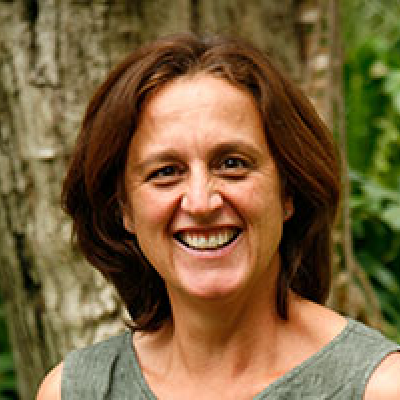Dr Rika Preiser’s research explores the conceptual development of complexity and how the study of the features and dynamics of Complex Adaptive Systems inform novel ways for thinking and anticipating more equitable social-ecological transformation processes toward resilient Anthropocene futures.
Current work explores how a relational theory of change could inform global change paradigms, discourses and practices concerning people-biosphere relations. I am interested in Anthropocene challenges at the science-society and science-art interfaces and how artistic practices and interactive modes of engagement could stimulate and advance more positive responses to bringing about alternative social-ecological futures. Rika supervises students who are keen to experiment and employ Participatory Action Research methods as ways to engage with and shape social-ecological real-world problems. She hopes that a reflective engagement with complexity will challenge us to recognize the normative call to re-imagine what it might mean to be human in the Anthropocene.
Rika holds Masters degrees in Journalism (2004) and Social Anthropology (2008). In 2012 she completed her PhD in the Department of Philosophy entitled “The Problem of Complexity: Rediscovering the role of Critique” at Stellenbosch University. Rika teaches complex adaptive systems thinking to students from the fields of medicine, business management, sustainability studies and agricultural sciences. Currently funded by SIDA through the “Guidance for Resilience: Investments for Development” (GRAID) programme of the Stockholm Resilience Centre, Sweden.



